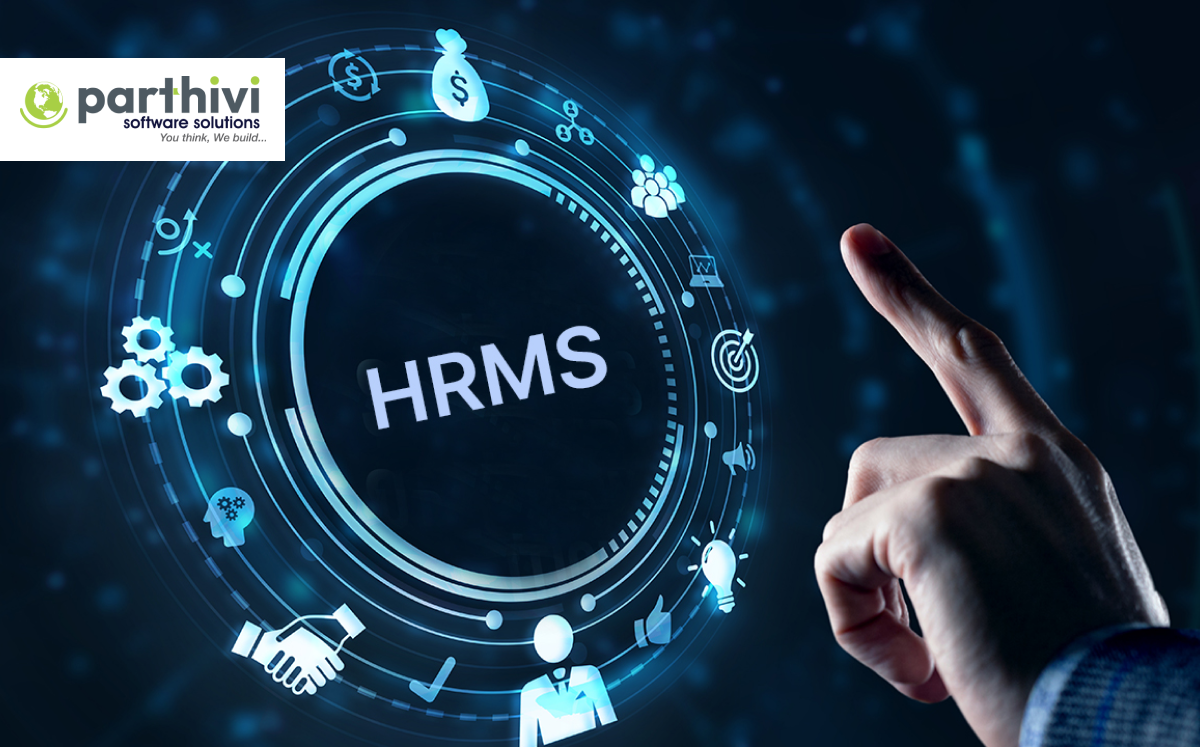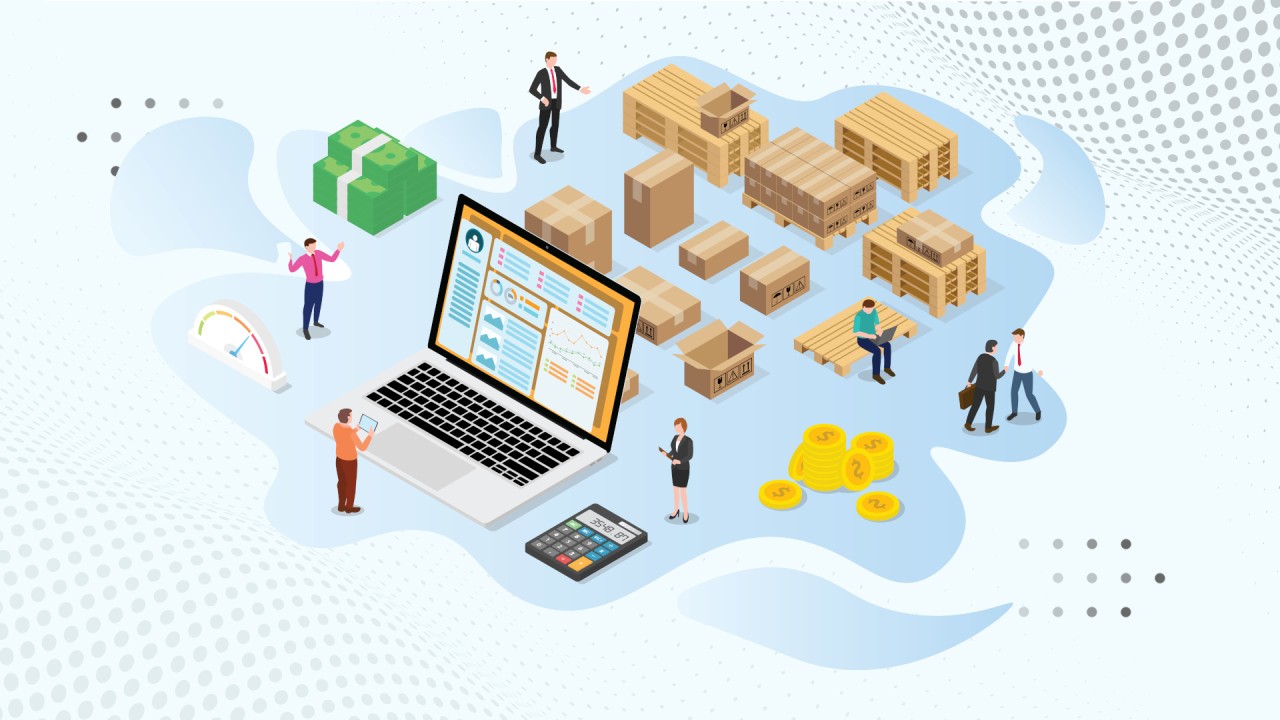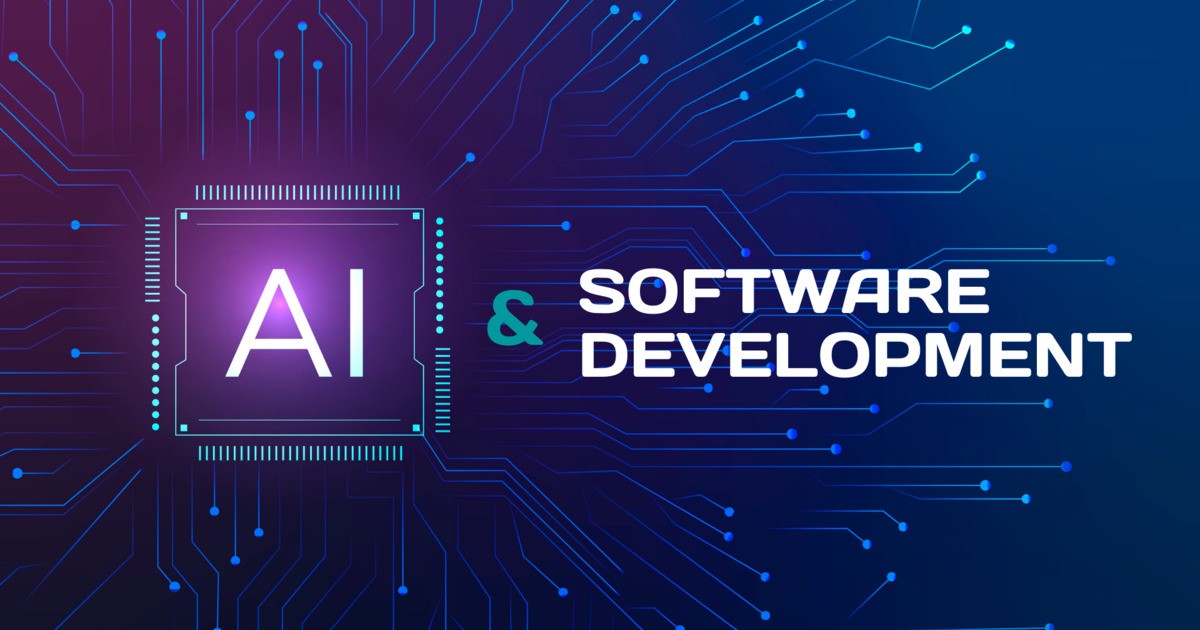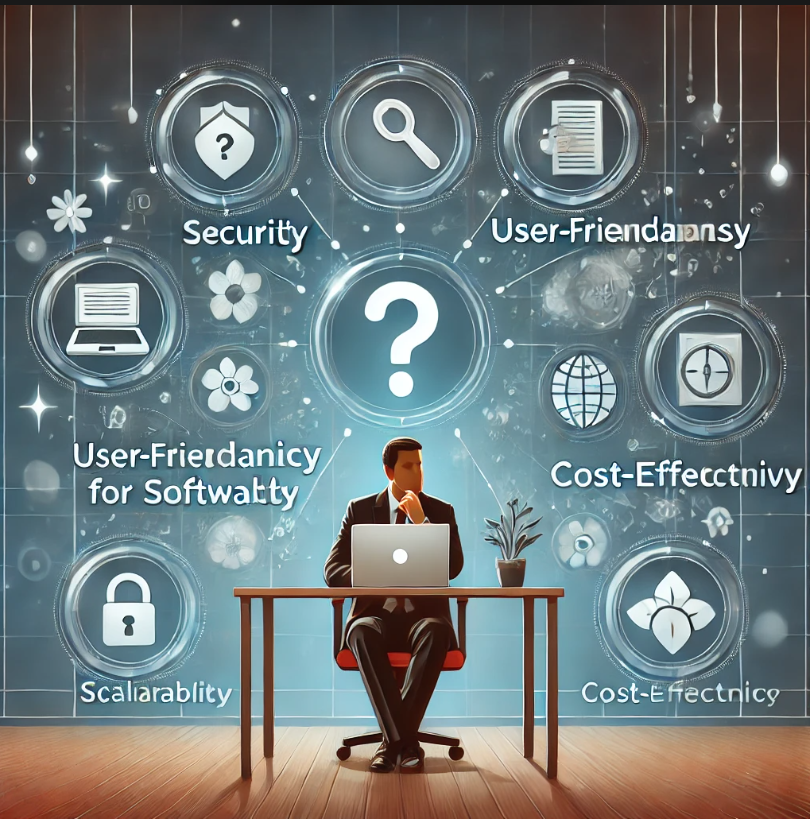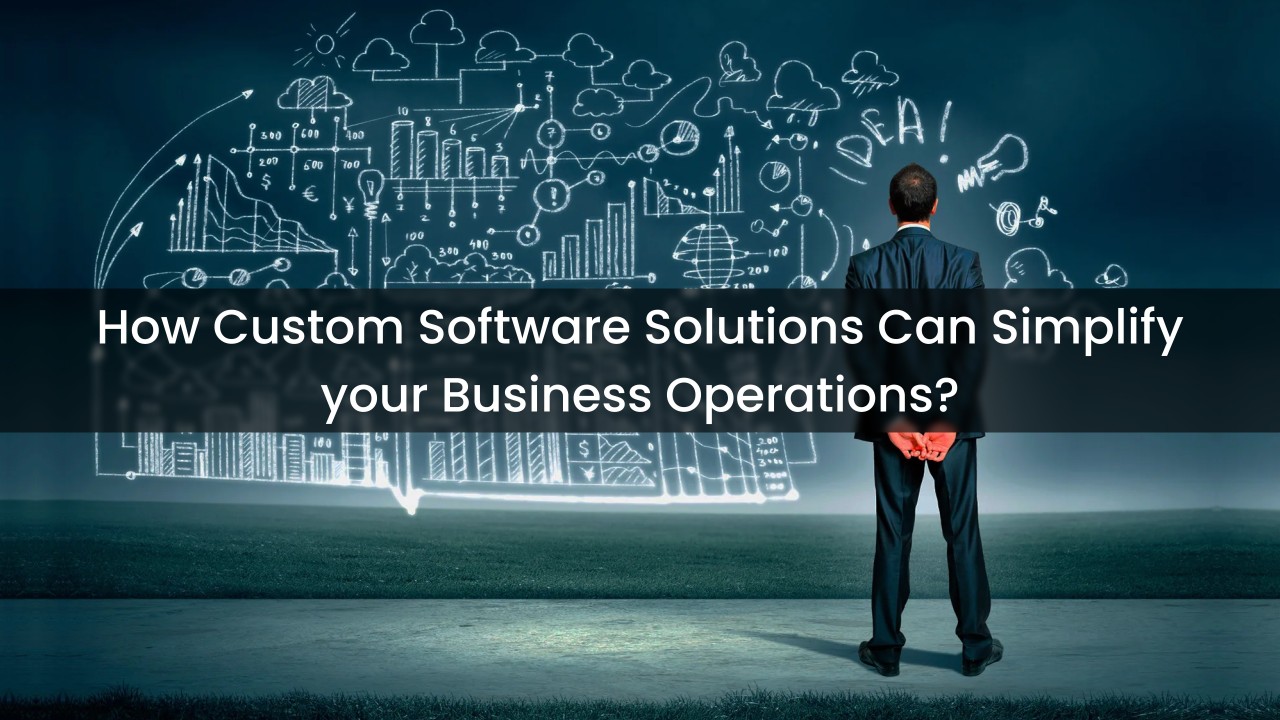What is an HRMS?
An HRMS is a digital tool that integrates various HR functions into a centralized platform. From recruitment to retirement, an HRMS manages the entire employee lifecycle. It automates repetitive tasks, ensures compliance, and provides insights through data analytics, making HR operations more efficient and strategic.
Key Features of an HRMS
1. Recruitment and Onboarding
Automate hiring processes, track applicants, and create smooth onboarding experiences with an HRMS. It helps in sourcing talent, conducting interviews, and completing new-hire documentation efficiently.
2. Payroll Management
Say goodbye to manual calculations! HRMS platforms handle salary processing, tax calculations, and compliance with local labor laws effortlessly.
3. Attendance and Leave Tracking
An HRMS integrates with biometric systems or online check-ins to track attendance. Employees can request leaves, and managers can approve them in real-time, all within the system.
4. Performance Management
Monitor employee performance through goal-setting, reviews, and feedback. HRMS systems provide analytics to recognize top performers and address skill gaps.
5. Employee Self-Service
Empower employees with self-service portals where they can access payslips, update personal information, or apply for leaves without needing HR intervention.
Compliance and Reporting
HRMS tools ensure adherence to labor laws and provide detailed reports, helping businesses avoid legal complications.
Benefits of Using an HRMS
1.Time Efficiency
By automating repetitive tasks like payroll and attendance tracking, HRMS frees up time for HR teams to focus on strategic initiatives.
2. Cost Savings
While there is an initial investment, HRMS reduces administrative costs in the long run by optimizing processes and minimizing errors.
3. Improved Decision-Making
With analytics and insights, HR teams can make data-driven decisions to improve recruitment, retention, and performance.
4. Enhanced Employee Experience
Self-service portals and transparent communication channels improve employee satisfaction and engagement.
5. Scalability
Whether you’re a small business or a multinational corporation, HRMS systems can scale to meet your needs.
Conclusion
An HRMS is no longer a luxury but a necessity for modern businesses. It streamlines operations, enhances employee satisfaction, and empowers HR teams to focus on strategic goals. Investing in the right HRMS can lead to better productivity, lower turnover, and a competitive edge in the market.
Are you ready to transform your HR processes? Explore the possibilities with a cutting-edge HRMS tailored to your needs!


